Current lab members
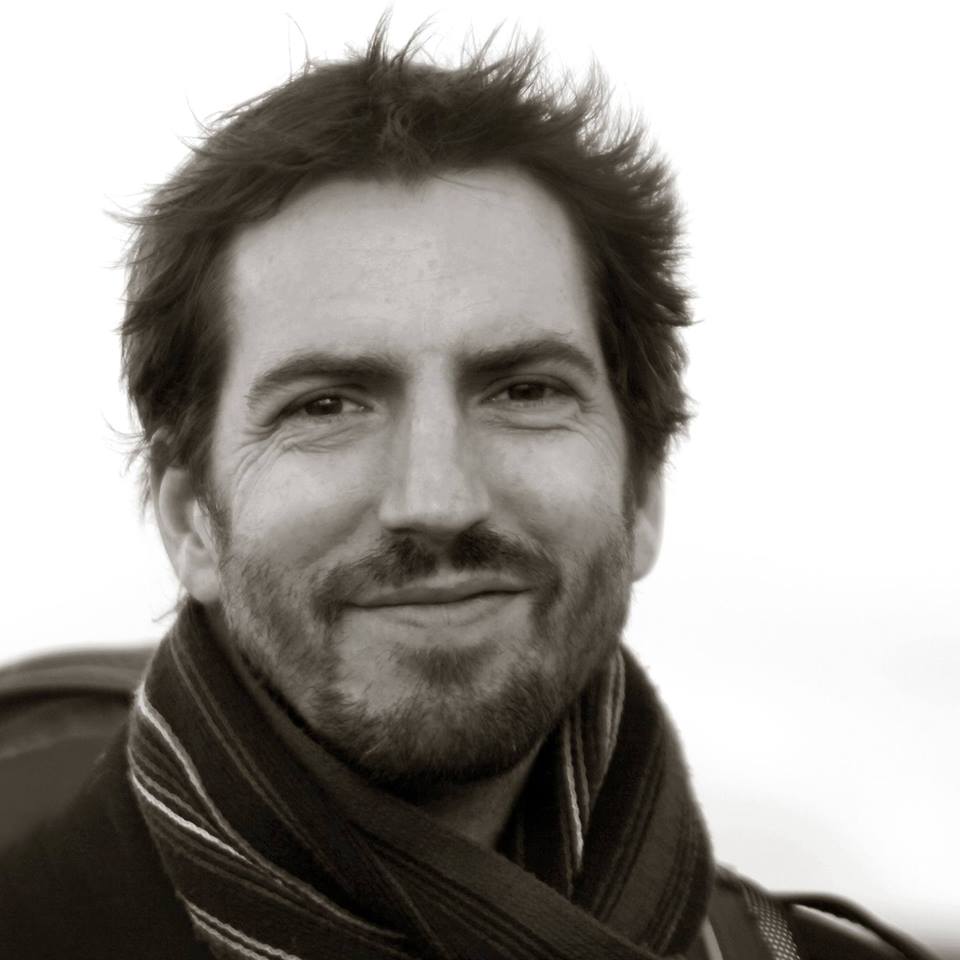
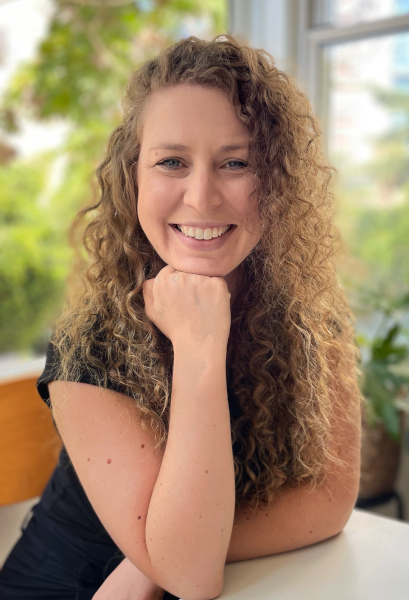
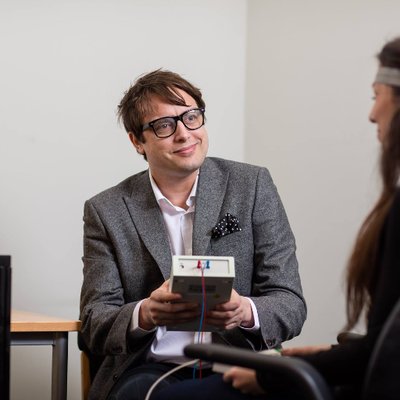
Danny Ball
PhD student
Danny joined the lab in 2021 to work on using hidden Markov models and other state-space models in applications related to circadian rhythms and other topics related to internal clocks. He is co-supervised by Vincent Walsh (UCL Institute of Cognitive Neuroscience) and is particularly interested in comparing timing mechanisms between fully and partially sighted people.
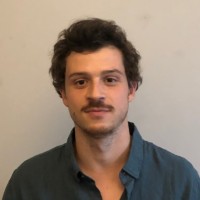

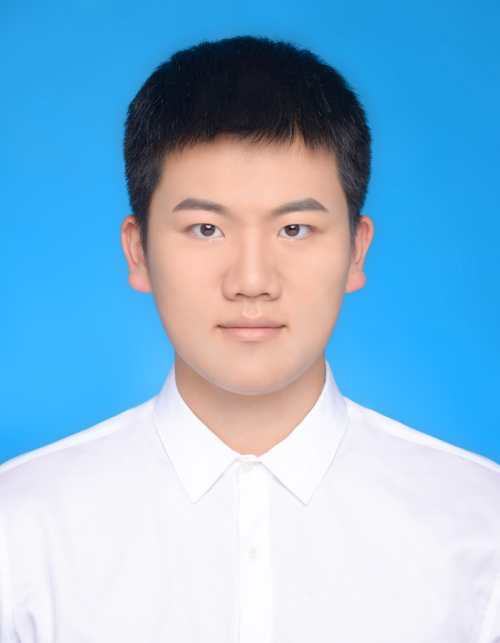
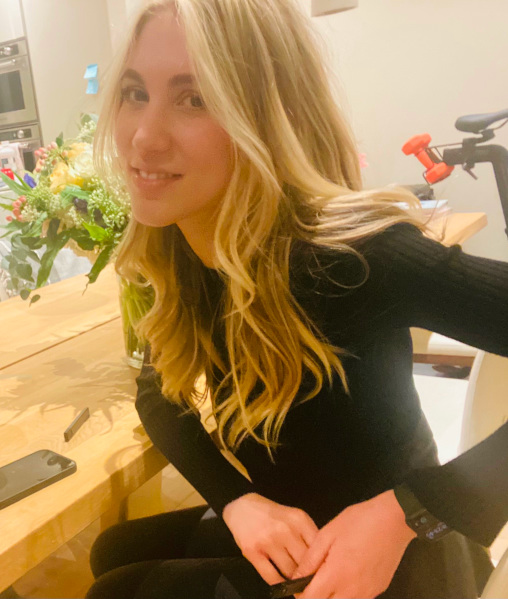
Jona Leka
PhD student
Jona joined the lab in 2023 to continue her PhD research under supervision of Maarten. Her work focuses on applying psychological networks to study beliefs and behaviours related to climate change. She is interested in exploring how networks can inform interventions and communication strategies to promote pro-environmental behaviour.
Auni Amran
BSc student
Auni joined the lab in 2024 to conduct her BSc research under supervision of Maarten and Yuyang. Her research focuses on time-critical decisions.
May Shan Loh
BSc student
May joined the lab in 2024 to conduct her BSc research under supervision of Maarten and Yuyang. Her research focuses on time-critical decisions.
Ruiying Zhong
BSc student
Ruiying joined the lab in 2024 to conduct her BSc research under supervision of Maarten and Noam. Her research focuses on decisions to leave ambivalent situations.
Lab alumni
Ismail Guennouni
PhD student (2017 - 2023)
Ismail joined the lab as a MSc student in 2017. After an MRes in Computer Science, he started his PhD in 2019 under supervision of Maarten and Quentin Huys. His research focused on computational principles in social learning and interactions, with a view on diagnosing, monitoring, and better understanding the determinants of social learning dysfunctions in mental health disorders. After completing his PhD, he joined the University of Heidelberg and Mannheim as a postdoctoral fellow in the AI Health Innovation Cluster.
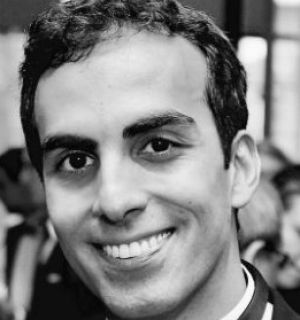
Sabine Topf
PhD student (2017 - 2022)
Sabine joined the lab as a PhD student in 2017. She worked on various topics related to human stigmery, behavioural traces, and their role in pro-environmental behaviour. After completing her PhD, she became deputy head of the Center for Psychosocial Medicine at Medical Center Hamburg-Eppendorf (UKE). She is currently Head of Science and Business Development at Acker Impact.
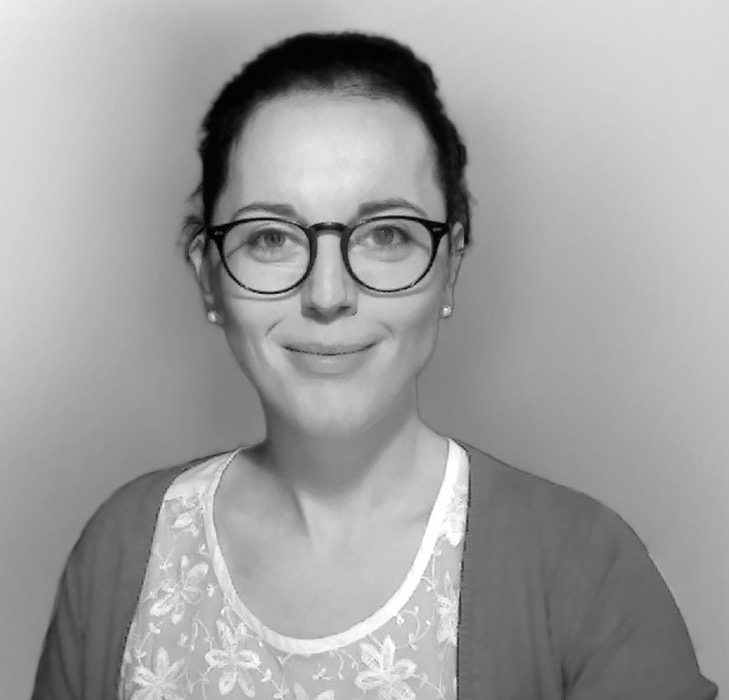
Hannah Tickle
PhD student (2013 - 2018)
Hannah joined the lab as a PhD student in 2013, and was jointly supervised by Chris Summerfield in Oxford. She worked on various projects in perceptual decision making, using behavioural studies, computational modelling, and EEG analysis. After completing her PhD, she took a job at Memrise and a part-time position as a post-doc in the Summerfield lab. She then became senior data scientist at TheTrainline.

Eric Schulz
PhD student (2014 - 2017)
Eric first joined the lab as an MSc student in 2010, then as an MRes student in 2013, and finally as a PhD student (2014 - 2017). Eric worked on various projects, focusing in particular on functional generalization in reinforcement learning with Gaussian Processes. After leaving the lab, he became a Harvard Data Science fellow, working with Sam Gershman and Josh Tenenbaum. In 2020, he moved to Tuebingen to lead the Computational Principles of Intelligence Lab at the Max Planck Institute for Biological Cybernetics.
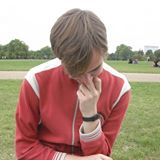
Yonatan Vanunu
Visiting PhD student (2019 - 2019)
Yonatan joined the lab in 2019 for a research visit, sponsored by the Experimental Psychology Society. During his stay, he has been working on computational modeling of experience-based decision making.

Hrvoje Stojic
Visiting PhD student (2015 - 2017)
Hrvoje first visited the lab in 2014 whilst a PhD student with Robin Hogarth at the Universitat Pompeu Fabra in Barcelona. He later returned for other visits in 2016 and 2017. We worked on various projects related to reinforcement learning, contextual bandits, and strategy selection. After receiving his PhD, he was a postdoc at UCL, working with Ray Dolan. He now works as a research scientist at SecondMind
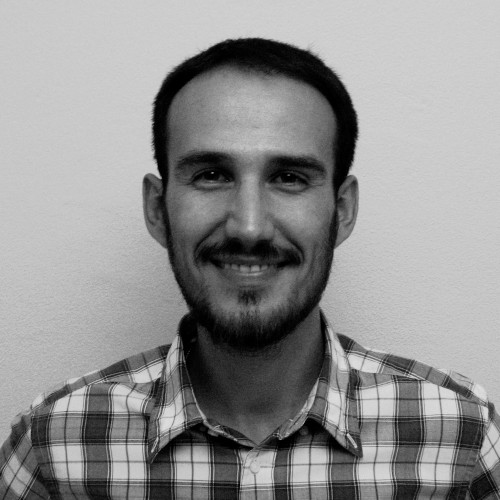
Adrian Walker
Visiting PhD student (2018 - 2018)
Adrian is a PhD student from the University of New South Wales. He visited the Speekenbrink lab in early 2018 to work on a project modelling reaction times in reinforcement learning tasks.
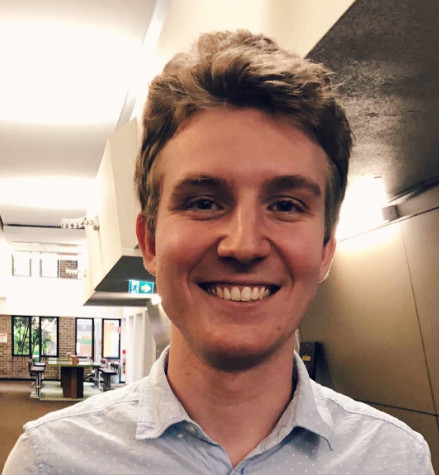
Charley Wu
Visiting PhD student (2016 - 2016)
Charley was a PhD student at the Center for Adaptive Rationality at the Max Planck Institute for Human Development in Berlin. He visited the Speekenbrink lab in 2016 to develop the spatially correlated bandit paradigm. He is now PI of the Human and Machine Cognition Lab at the Univerity of Tuebingen.
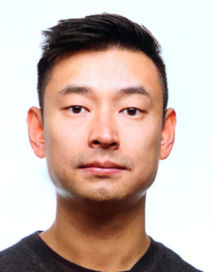
Jill Zheng (2023-2024, MSc student)
Jill joined the lab in 2023 to conduct her MSc research under supervision of Maarten and Yuyang. Her research focused on time-critical decisions.
Noami Curnow (2023-2024, MSc student)
Naomi joined the lab in 2023 to conduct her MSc research under supervision of Maarten and Yuyang. Her research focused on time-critical decisions.
Peiyao Shen (2023-2024, MSc student)
Peiyao joined the lab in 2023 to conduct her MSc research under supervision of Maarten. Her research focused on opponent modelling in multiperson games.
Zhaonan Fang (2023-2024, MSc student)
Zhaonan joined the lab in 2023 to conduct his MSc research under supervision of Maarten and Yuyang. His research focused on time-critical decisions.
Ryosuke Masai (2022-2023, MSc student)
Ryosuke conducted a project on time-critical decisions.
Xinhui Jiang (2022-2023, MSc student)
Xinhui conducted a project on time-critical decisions.
Changwei Chen (2021-2022, MSc student)
Changwei conducted a project on opponent modelling algorithms for multi-agent reinforcement learning.
Yang-Yang Wu (2021-2022, MSc student)
Yang-Yang conducted a project on multiple systems in category learning.
Alex Jamieson (2020-2021, MSc student)
Alex conducted a project on the role of experienced regret in exploration and exploitation of options in multi-armed bandits.
Luke Lau (2020-2021, MSc student)
Luke conducted a project on the exploration of novel options in contextual multi-armed bandit tasks.
Mahbod Mehrvarz (2020-2021, MSc student)
Mahbod conducted a project on asymmetric learning rates in a variety of multi-armed bandit tasks/
Alexandra Voica (2019-2020, MSc student)
Alex joined the lab from the MSc Behaviour Change programme and worked on an project investigating the impact of behavioural traces on food choice.
Samuel Dupret (2019-2020, MSc student)
Sam joined the lab from the MSc Cognitive and Decision Sciences programme and worked with Maarten and Dave Lagnado on a project relating game theory and causal inference.
Tal Arkushin (2019-2020, MSc student)
Tal joined the lab from the MSc Social Cognition programme and worked on an project investigating the impact of behavioural traces in a path finding task.
Tankred Saanum (2019-2020, MSc student)
Tankred joined the lab from the MSc Cognitive and Decision Sciences programme and worked on an project investigating transfer learning and generalization in human reinforcement learning. He then went to conduct PhD research with Eric Schulz at the MPI for Biological Cybernetics in Tuebingen.
Aline Seitz (2017-2018, MSc student)
Aline joined the lab from the MSc Behaviour Change programme to work on research investigating the effect of behavioural traces on donations to an environmental charity.
Alzbeta Gabalova (2017-2018, MSc student)
Alzbeta worked on an project investigating social learning in interpersonal games (the “beauty contest” game).
Felix Schmirler (2017-2018, MSc student)
Felix joined the lab from the MSc Industrial/Organizational and Business Psychology programme to work on research investigating voice modulation and voice perception in a sales context.
Karolin Salmen (2017-2018, MSc student)
Karolin joined the lab from the MSc Social Cognition to work on research investigating the effect of others’ judgments and their social group on updating beliefs by individuals.
Lucija Vihar (2017-2018, MSc student)
Lucija joined the lab from the MSc Behaviour Change programme to work on research investigating the effect of behavioural traces on recycling behaviour.
Michael Wiewiorski (2016-2017, MSc student)
Michael worked on a project assessing how an opponent’s strategy affects people’s own strategy in a simple two-player game.
Moritz Krusche (2016-2017, MSc student)
Moritz worked on a project investigating planning in complex reinforcement learning tasks. After leaving the lab, he took on a PhD position at Warwick Business School, working with Nick Chater and Adam Sanborn.
Neo Poon (2016-2017, MSc student)
Neo worked on a project investigating how Query Theory can explain the “pioneer effect”. After leaving the lab, he took on a PhD position at Warwick Business School.
Thomas Verbeek (2016-2017, MSc student)
Thomas worked on a project investigating the distinction between model-based and model-free reinforcement learning.
Yee Siang Chng (2016-2017, MSc student)
YS worked on a project investigating the distinction between state and reward functions in reinforcement learning.
Raphael Becanne (2015-2016, MSc student)
Raphael worked on a project investigating reliance on model-free vs model-based reinforcement learning in a simplified two-player version of poker.
Anisha Singh (2014-2015, MSc student)
Anisha worked on a project investigating the relation between strategies and the evaluations of other players in a simplified two-player version of poker.
Jochen Baumeister (2014-2015, MSc student)
Jochen worked on a project investigating preference stabilization.
Thomas Tawse (2014-2015, MSc student)
Thomas worked on a project related to the exploration/exploitation dilemma.
Anastasios Hadjianastasiou (2012-2013, MSc student)
Anastasios worked on a project to investigate stabilization of preference with experience.
Audrey Karina (2012-2013, MSc student)
Audry worked on a project investigating model-based and model-free reinforcement learning.
Andrea Krajciova (2007-2008, MSc student)
Andrea worked on a project to investigate cue learning in a changing environment.
Chiung-Fang Liang (-, MSc student)
Gareth Webb (-, MSc student)
Jessica Poon (2023-2024, BSc student)
Jessica joined the lab in 2023 to conduct her BSc research on models of other players in repeated games.
Margo Spirydonava (2023-2024, BSc student)
Margo joined the lab in 2023 to conduct her BSc research on models of other players in repeated games.
Shanqi Yu (2023-2024, BSc student)
Shanqi joined the lab in 2023 to conduct her BSc research under supervision of Maarten and Yuyang. Her research focused on time-critical decisions.
Ed Lu (2022-2023, BSc student)
Ed conducted a project on opponent learning in mutiplayer games.
Matei Deleanu (2022-2023, BSc student)
Matei conducted a project on risk and uncertainty in reinforcement learning.
Toby Lau (2022-2023, BSc student)
Toby conducted a project on opponent learning in mutiplayer games.
Wiktoria Luczak (2022-2023, BSc student)
Wiktoria conducted a project on confidence bias.
Xenia Schwarzkopf (2022-2023, BSc student)
Xenia conducted a project on opponent learning in mutiplayer games.
Yucheng Zhu (2022-2023, BSc student)
Yucheng conducted a project on risk and uncertainty in reinforcement learning.
Kaitlyn Ng (2021-2022, BSc student)
Kaitlyn conducted a project on the role of emotions in learing opponent models in multi-player games.
Neil Hegde (2021-2022, BSc student)
Neil conducted a project on opponent learning in multi-player games.
Alif Bin Muhd Adam Low (2020-2021, BSc student)
Alif conducted a project on reinforcement learning in environments with only gains, only losses, or mixed gains and losses.
Qingyuan Yan (2020-2021, BSc student)
Qingyuan conducted a project on anticipated regret in decisions from experience.
Akhat Rakishev (2017-2018, BSc student)
Akhat conducted his BSc Psychology research on how people learn about the volatility in the environment and how this affects their rate of learning.
Ryan Tan (2016-2017, BSc student)
Ryan worked on a project investigating framing effects in a multi-armed bandit task.
Anthony Leung (2015-2016, BSc student)
Anthony worked on a project investigating people’s ability to produce random sequences in games.
Benjamin Chang (2015-2016, BSc student)
Benjamin worked on a project investigating preference stabilization.
Florence Ho (2015-2016, BSc student)
Florence worked on a project investigaing the influence of volatility, stakes, and personality on exploration- exploitation behaviour.
James Chu (2015-2016, BSc student)
James worked on a project investigating safe exploration in a reinforcemtn learning task.
Nadia Alam (2015-2016, BSc student)
Nadia worked on a project investigating the effect of information frequency on evidence weighting in perceptual decisions.
Nora Li (2015-2016, BSc student)
Nora worked on a project investigating the effects of foregone payoffs on exploration-exploitation behaviour.
Sofia Melnikaite (2014-2015, BSc student)
Sofija worked on a project investigating how people learn to cooperate in multi-player games from their opponents’ strategies.
James Carragher (2013-2014, BSc student)
James worked on a project investigating the influence of information about foregone payoffs on exploration- exploitation behaviour.
Shouhao Goh (2012-2013, BSc student)
Shouhao worked on a project investigating model-based and model-free learning.
Adam Lipman (2011-2012, BSc student)
Adam worked on a project investigating framing effects in decisions from experience.
Luke Prince (2011-2012, BSc student)
Luke worked on a project related to model-based vs model-free reinforcement learning.
Zehra Moinuddin (2010-2011, BSc student)
Zehra worked on a project to investigate whether there is a difference between learning when focussed on predicting vs. controlling outcomes.
Stephanie Lee (2008-2009, BSc student)
Ed Humphreys (-, BSc student)
Folasade Adu (-, BSc student)
Ho Chuan Calwin (-, BSc student)
Niroshan Dayalan (-, BSc student)
Niroshan worked on a project investigating evidence integration in perceptual decisions.
Minho Shin (2018-, Visiting BSc student)
Minho is an undergraduate student from South Korea, visiting the Speekenbrink lab at the start of 2018 as an intern to learn more about decision making and computational modeling.